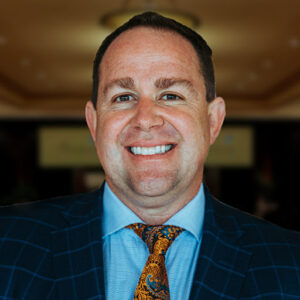By Emmet Scott
The challenge of great leadership is that it requires you to be clear about your vision and where you want to go. As an entrepreneur, if I’m going to bring something special to the marketplace, then I’ve got to know what I’m working with and what I’m focused on. I see this happening now in clinical circles – clinical leaders are starting to ask, “Who are we? Who do we want to become?”
For dental practices, that goal is growing ideal patient care. It’s a vision that aligns well with the business aspect of owning a dental group. But when you combine a scalable growth mindset with things on the clinical side, there can be concerns about how much standardization and structure will impact clinical autonomy and if that impact is the right choice.
Clinical autonomy has been such a tenet of what it means to be a dentist that it has become almost untouchable. On the one hand, you have the kind of practice that says to new associates, “We want to give you your autonomy. Whatever you want to do, that sounds great.” That can sound really appealing. But the downside is that the dental group won’t be able to provide the same level of resources to support that associate because they can’t afford to chase that many rabbits of potential patient care. So oftentimes things just get watered down to a general level of support for bread-and-butter dentistry. Ultimately, this stagnates clinical development for dentists who want to go deeper and expand their patient care capabilities.
Compare that to a practice, or group of practices, that is super-focused on who they want to be in the marketplace and what value they want to provide. They have a clinical vision and specific structure. They have an internal standard of care run by a clinical team. The procedures they do they can do very well because that tight focus gives them the ability to pump a huge amount of resources into the offerings and the associates training.
I love the name “DSO,” because it’s a Dental Support Organization. It’s always playing second fiddle. It’s support. I always want DSOs to stay in that supporting role. And a DSO can support a clear vision of a clinical team better than it can support a clinical team that would rather have the ability to (technically) do whatever they want to do.
What’s great for clinicians about the second model is that they know what they’re getting when they sign up. They know what kind of support, what kind of mentorship, what kind of patient types they’re going to be focused on. Not only that, but they can be certain that they will have the resources to provide a really high level of quality care.






